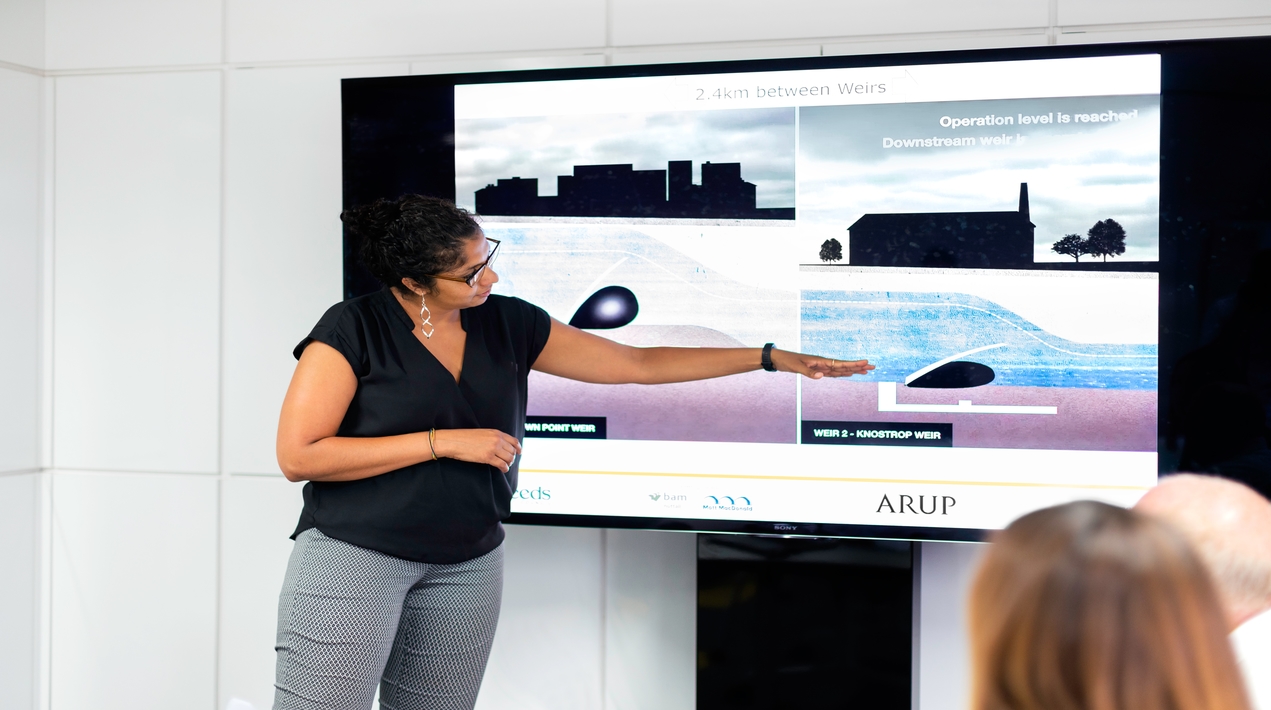
The Government of Queensland has launched the third of its state-wide regional science and innovation hubs in Cairns, boosting research opportunities in Far North Queensland. Under the Partner Up Queensland Regional Science and Innovation Network, the hubs aim to provide people living in regional Queensland with more opportunities to engage with science and innovation in a meaningful way.
The Member for Cairns stated that the hub in Cairns will enable Far North individuals and community groups to participate in a range of STEM-based (Science, Technology, Engineering and Mathematics) and innovation-related activities and events. He noted that the events will be developed by the hub and by local science and innovation champions within the community and will include mentoring, networking and collaboration opportunities; the engagement of youth in the design, implementation, product pitching and entrepreneurship; and engagement with researchers, technologies experts, business and First Nations mentors.
The network will provide opportunities for skills development and establish local networks that will drive growth and development in the science sector and innovation economy throughout regional Queensland. This will result in enhancing how businesses, research organisations and industries can meet the changing scientific and innovation needs of the community.
The region’s Science Minister stated that Cairns joined Gladstone and Toowoomba as locations, with each regional hub being provided with funding of up to $70,000 over 12 months to employ a regional coordinator to support events, activities and projects that encourage Queenslanders’ participation and awareness of science and innovation within their region.
She noted that science and innovation are helping to drive the Queensland Government’s COVID-19 economic recovery plan – whether that’s through renewable energy, advanced manufacturing or our education and research sector. Recent research commissioned by the Office of the Queensland Chief Scientist showed that 83% of Queenslanders believe science is critical for the Queensland economy, she said.
Survey results from the 3M State of Science Index show that 9 in 10 Australians back more investment in science. The findings indicated that during the pandemic, almost two in three Australians thought that scientists and medical professionals are inspiring a new generation to pursue a science-based career.
This is the reason the hubs are being delivered, together with major investments like the additional $35.5 million to ramp up the development and manufacture of locally-based vaccines that build on last’s announcement of $20 million as part of our flagship Queensland Jobs fund.
The Partner Up Queensland Regional Science and Innovation Network is a joint initiative of the Department of Environment and Science and the Department of Tourism, Innovation and Sport. The region’s Innovation Minister said the hubs would help to supercharge regional Queensland science and innovation.
For local entrepreneurs and business leaders, the hubs aim to deliver support and partnerships to identify and develop real-world opportunities. Be it robots, hydrogen or medical technology, the government understands that science and innovation will be critical to building regional Queensland’s industries and jobs of the future.
The Far North Queensland Hub will be led by James Cook University and will be supported by Cairns Regional Council, Gulf Savannah NRM, Y(E)P Entrepreneurship Facilitators Cairns, Regional Development Australia and Cairns Chamber of Commerce.
James Cook University Acting Deputy Vice-Chancellor welcomed the initiative and said that the hub will strengthen linkages between the region’s very active science and innovation community, the Office of the Chief Scientist and the Office of the Chief Entrepreneur.
Having the Hub here in Cairns will boost connectivity between important state government programs and those working on research and innovation in our region, and will support projects that encourage community awareness of science and innovation.
















